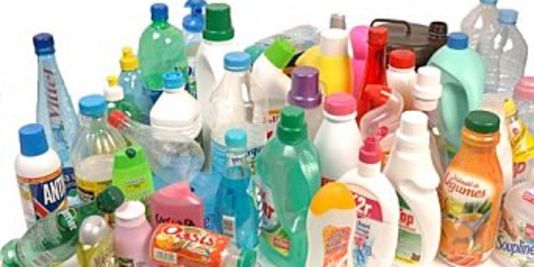Bisphenol A (BPA) is found in food packaging products such as plastics, tins, water bottles (see Know Your Endocrine Disruptors.)
Bisphenol A was already listed by the ECHA as toxic for reproduction properties, but this new declaration admits that BPA has endocrine  disrupting properties which cause probable serious effects to human health as well.
disrupting properties which cause probable serious effects to human health as well.
This is a cockadoodledoo moment for France: it was France who put forward the proposal for this classification. On 7 December 2016, the French Conseil d’Etat (France’s highest legal body) imposed a temporary ban in France on food products packaged in substances containing BPA (e.g. some tinned foods, foods wrapped in plastic). But BPA continues to be found in imported goods.
France has worked hard to bring the dangers of Bisphenol A to the forefront: in 2014 the previous Ecology Minister Ségolène Royal prohibited the use of BPA in all till receipts in shops and petrol stations. In 2015, when the European Food Safety Authority/EFSA announced there was no consumer health risk from BNA exposure, the minister publicly accused lobbies of pressurizing EFSA.
The Member State Committee of the ECHA voted unanimously for this new classification.

The French Food Security Agency ANSES*, the body which put forward the proposal for France, specifies that this new identification will restrict the use of BPA through temporary authorizations.
This new classification will not be popular over the Atlantic. The US government, heavily lobbied by industrial giants, is openly hostile to the European Commission’s hazard assessments on EDs, reportedly saying that it “could have severe implications for EU imports of U.S. agricultural goods.”
___________________________________
*Agence nationale de sécurité sanitaire, de l’alimentation, de l’environnement et du travail
See also:
More needs to be done on endocrine disruptors.
Beware: Baby products containing endocrine disruptors (in French)
European Parliament vetoes criteria on endocrine disruptors
Know your endocrine disruptors
Know more about your endocrine disruptors: lists now available online


















